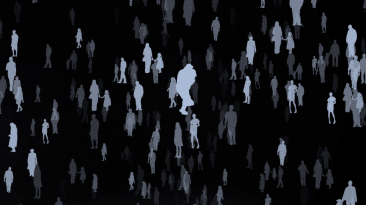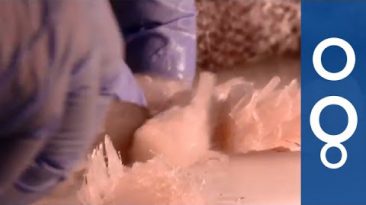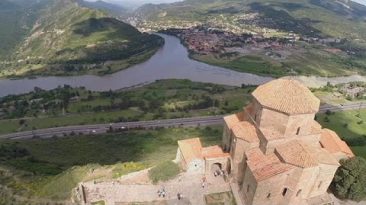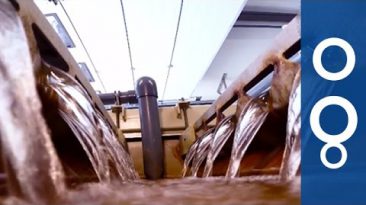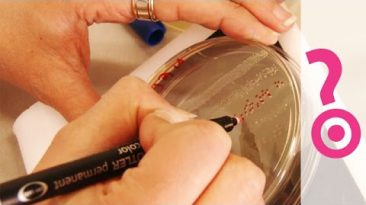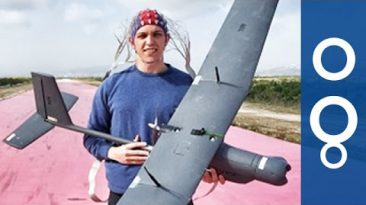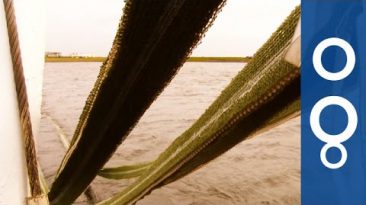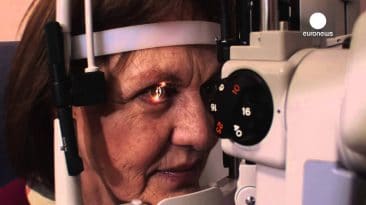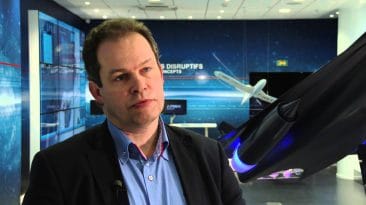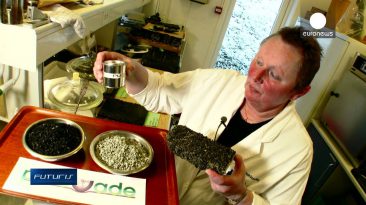“Павшие во Второй мировой войне” – интерактивный документальный фильм о цене, заплаченной за эту войну жизнями людей, и о снижении числа жертв в...
Author - Denis Loctier
Denis Loctier is the anchor and producer of “Ocean”, Euronews’ monthly show specialised in the blue economy and marine life. In this role, Denis travels around the world exploring the effects of climate change and human activities on ocean health, talking directly with fishers, business owners, port authorities and policy-makers. “Ocean” has taken Denis and his team to places such as Greenland, Caribbean Islands, Seychelles, Svalbard, Cabo Verde and Thailand.
A Euronews journalist since 2001, Denis has produced short TV documentaries on more than 200 international research projects and covered a variety of other topics, from economy and tourism to international politics and military conflicts.
Denis holds a PhD in Information and Communication Sciences and is certified to operate in hostile environments. He can also fly paragliders, pilot drones, navigate vessels, and dive to depths of 60 meters.
Fisheries are an excellent source of fresh and tasty fish that won’t harm marine resources. But can we be sure that these fish are safe to eat? In Norway, the sea water...
In the first of our series exploring the sights and delights of Georgia, Georgian Life, we begin our journey in the country’s largest city and its capital Tbilisi...
This edition of Futuris explores how new technologies can help recycle the water used in chemical plants to make these more environmentally friendly. Producing chemicals...
Antibiotics have saved countless lives since the discovery of penicillin in 1928, but their indiscriminate use means some diseases have become resistant to existing...
Mind control is the stuff of pure science fiction, but today reading data from your brain has never been more accurate, and that opens the way to, for example...
Marine oil spills can be extremely difficult to deal with, requiring a lot of time and effort by experts to remove the pollutant from the surface of the water. In the...
As we age our eyes lose their ability to focus quickly on near and far objects. Presbyopia is a common problem that comes with aging, but its causes are not yet...
Passenger planes today are comfortable and reliable, but could they fly faster? The latest engineering developments suggest we could speed planes up several times over...
Noise pollution is still an issue on Europe’s roads. But thanks to technological advances, it’s less down to the sound of the car’s engine and more about how tyres touch...


